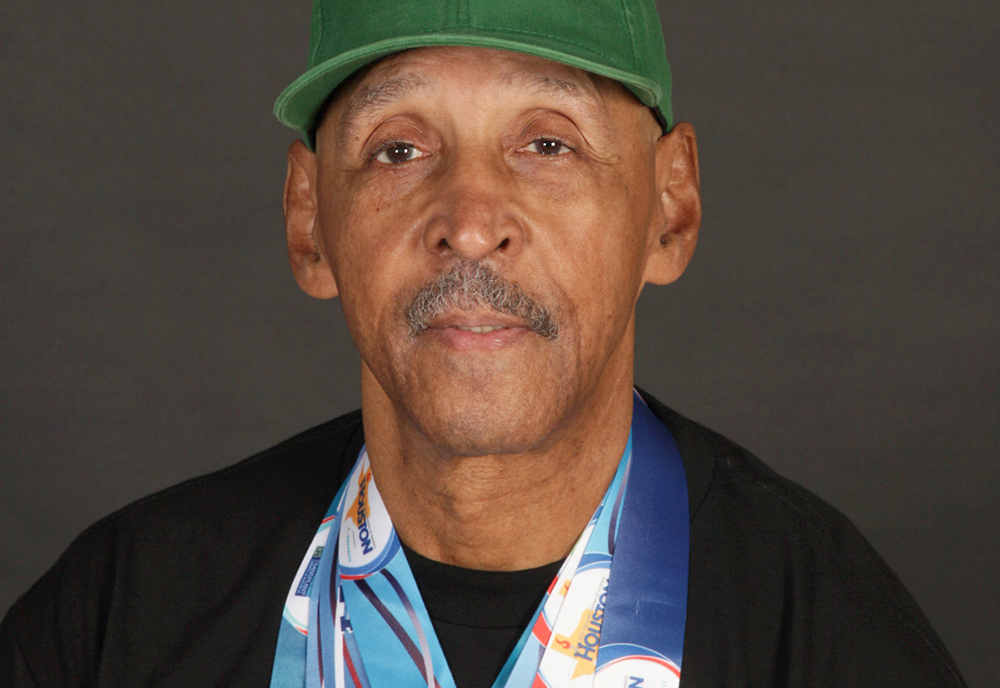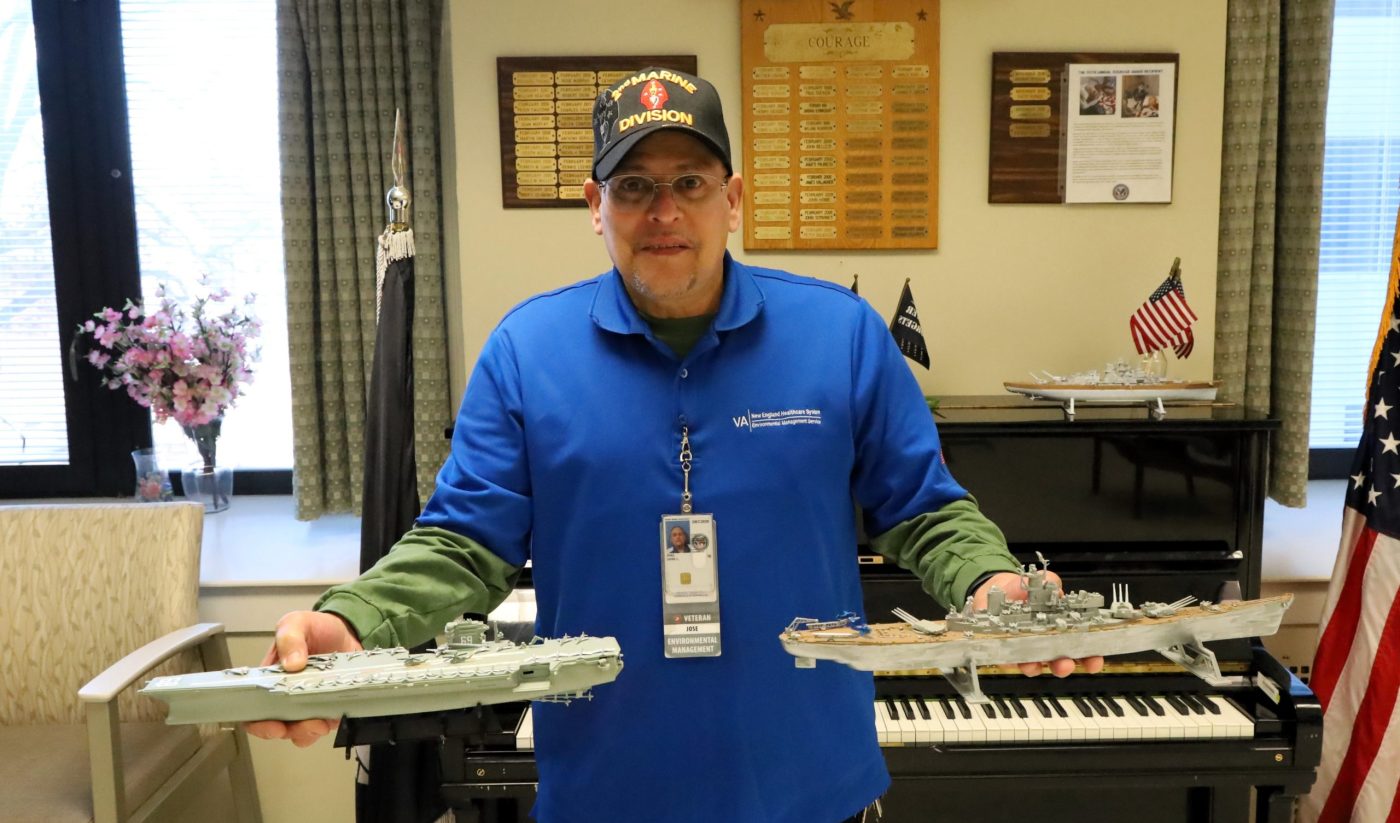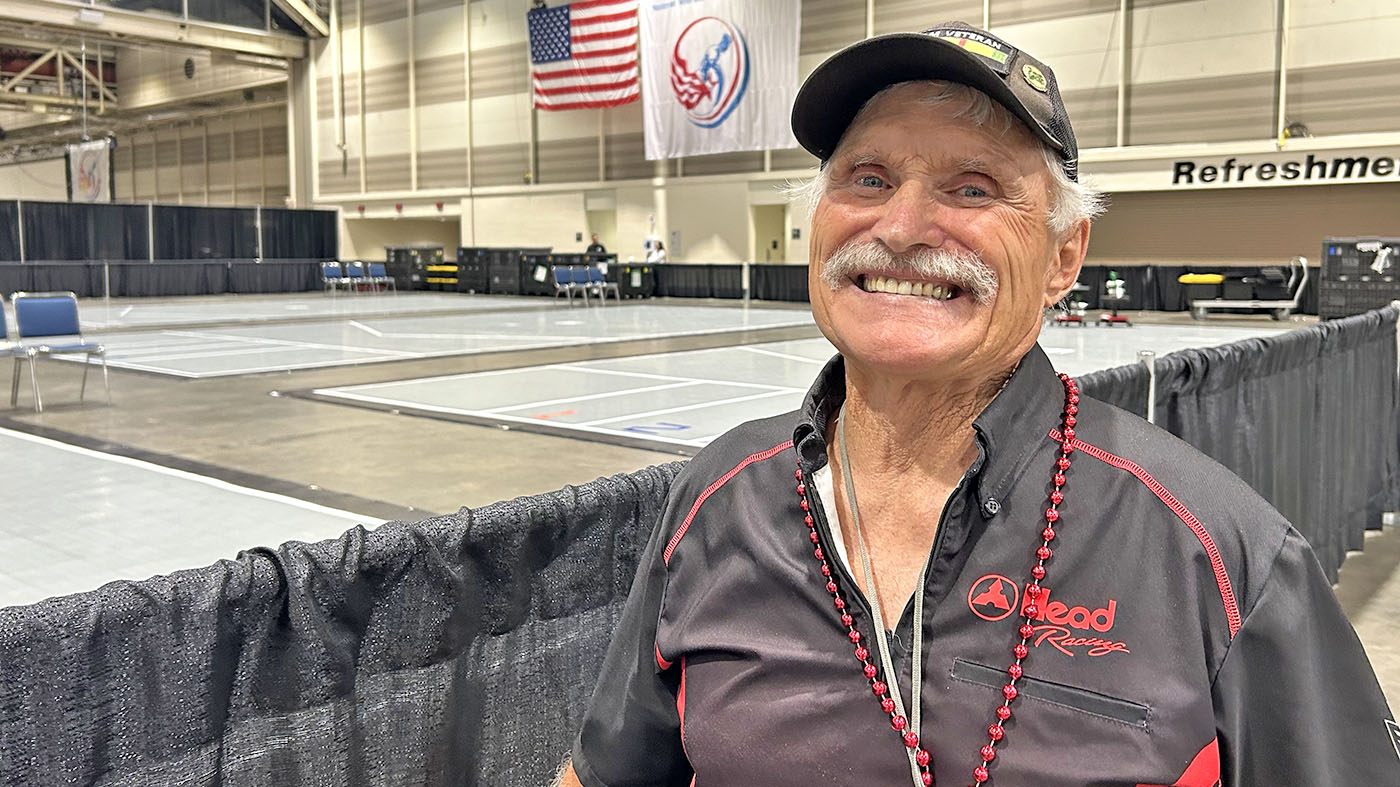New Treatment Ended Virus
October is Liver Awareness Month and hepatitis C is a disease that impacts the liver’s health. New treatments are able to cure most people after about 12 weeks. For the last year, the VA has made these treatments widely available to any Veterans enrolled in VA care.
Leslie, 73, Air Force Veteran, shares his story below. He has an important message for Veterans with hepatitis C who have not yet tried these new treatments.
My Story
I have three grown children and three grandchildren. I am a graduate of the UCLA School of Law, and I retired in 2003 after a career that included working as a consultant for the California State legislature, and the County of Los Angeles. I am currently active in my community serving on the Citizen’s Oversight Committee for the school board, and as an ambassador for Donate Life California and the United Network for Organ Sharing, advocating for organ, eye, and tissue donation.
I first became aware that I had hepatitis C in 2000, while volunteering to donate blood at a job blood drive. Before then I had no idea I had the virus. They refused to use my blood and referred me to my doctor to find out why. The doctor at the VA did a blood test and advised me that I had hepatitis C. At the time I was experiencing no symptoms and continued to work until 2003 when I began to experience the first symptoms.
At first it was just tremors in my hands and joint pain, but the condition progressed steadily thereafter. Soon, due to cirrhosis, I was experiencing swelling in my legs, feet, and abdomen, and then as the toxins built up in my blood stream (hepatic encephalopathy) I began to experience confusion, loss of memory, and a kind of pain that I have never been able to describe. By 2004, I had reached end-stage liver disease.
At that point Dr. Morgan, my VA doctor, initiated an evaluation and subsequently recommended that I be placed on the waiting list for a liver transplant. I was on the waiting list for four years and nine months, and during that time, Dr. Morgan advised me that there was a possible treatment for my hep C, which at the time was pegylated interferon injections, but he advised me that the success rate for my genotype (1) was only about 50% and the side effects were significant. Considering my physical condition at the time, I decided it was not in my best interest to take the treatment.
In April of 2008 I received a life-saving liver transplant at the Portland VA Medical Center. I was fortunate to have the opportunity to meet my organ donor’s family and thank them personally for the gift they gave.
About all those Medals
To demonstrate the benefits of organ transplantation, and in order to help increase awareness about the need for organ donation, I have participated in the 2014 and the 2016 Transplant Games of America along with recipients and donor families from across the country. I’ve competed in the 20k cycling event, the 5k run/walk (bronze medal), and basketball (silver medal).
New Treatments
Although I experienced no ill effects after my transplant, i.e. no signs of organ rejection, in 2015 Dr. Morgan explained that the hepatitis C virus still existed in my system and could begin to destroy my new liver. He recommended me for the new, and more effective, 12-week hepatitis C treatment. I began the treatment in March 2015 and completed it in June 2015. The harshest side effect was from the Ribavirin which caused me to be listless and quite fatigued for much of the 12 weeks. Other than that, I experienced no significant side effects. At the end of the 12 week period, my blood tests showed no trace of the virus.
The Cure
Being cured of hepatitis C has impacted my life quite a bit. It has given me the peace to know that the virus is no longer a threat to my new liver. It also significantly reduced my chance of getting liver cancer. Being cured improves the quality of my life. My energy level is up, my depression is gone. I can get out and volunteer. It gives me the opportunity to pay it forward. I want to help others avoid the things that I’ve gone through as well as encourage people to be donors.
My advice to Veterans with Hep C
I would like my fellow Veterans to know that, based on my own experience with hepatitis C, I completely understand your concerns as you weigh the pros and cons of taking the hepatitis C treatment. But when you consider the consequences of leaving your hepatitis C virus untreated, consequences that may include years of illness from the devastating effects of the virus, the probable need for a liver transplant, and even the probability of death, then I believe you can reasonably conclude that opting for the cure would be a no-brainer.
Finally, remember that our Veteran families suffer right along with us as we battle this debilitating virus, and we must consider the relief it affords them when they know that a cure for their loved one is possible. So, I encourage you to make the decision to take the new hepatitis C treatments.
To learn more about testing and cure, check out our website and talk to your doctor today.
*Only Veterans enrolled in VA care can receive hepatitis C treatment through VA. If you are a Veteran who is not enrolled in VA care, you can find eligibility information here http://www.va.gov/HEALTHBENEFITS/apply/veterans.asp.
About the author: Leslie, 73, an Air Force Veteran tells his story
Topics in this story
More Stories
One strategy credited for the improvement is a focus on building trust and stronger patient-provider relationships.
Army and Marine Corps Veteran started making models after being hospitalized at Connecticut VA.
Veteran Hank Ebert is a bit of a superstar in the National Veterans Wheelchair Games. He has been attending since 1993.








-HAD HEP C FOR OVER 35 YEARS HAD TREATMENT LAST YEAR. NO TRACE IN BLOOD NJ VA HEALTH CARE